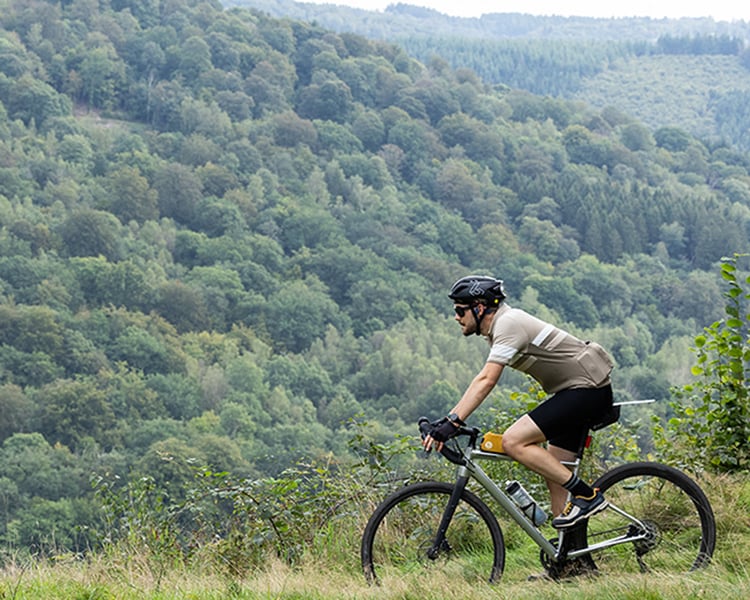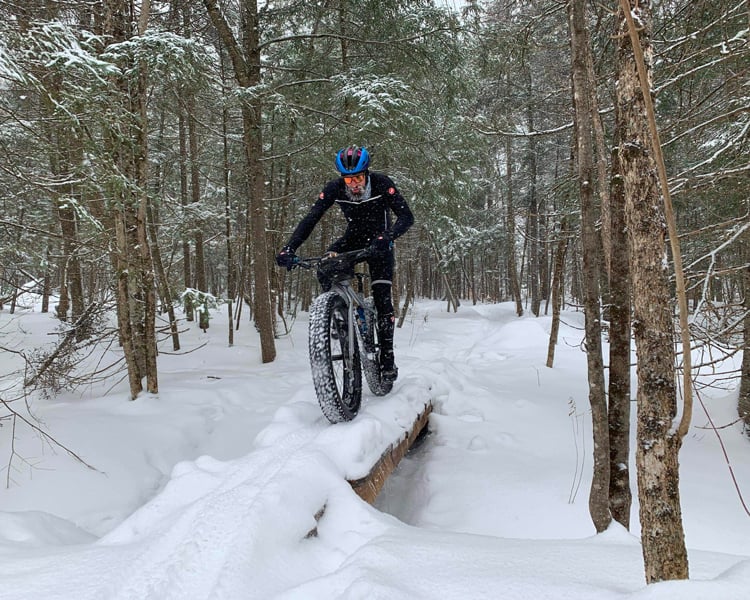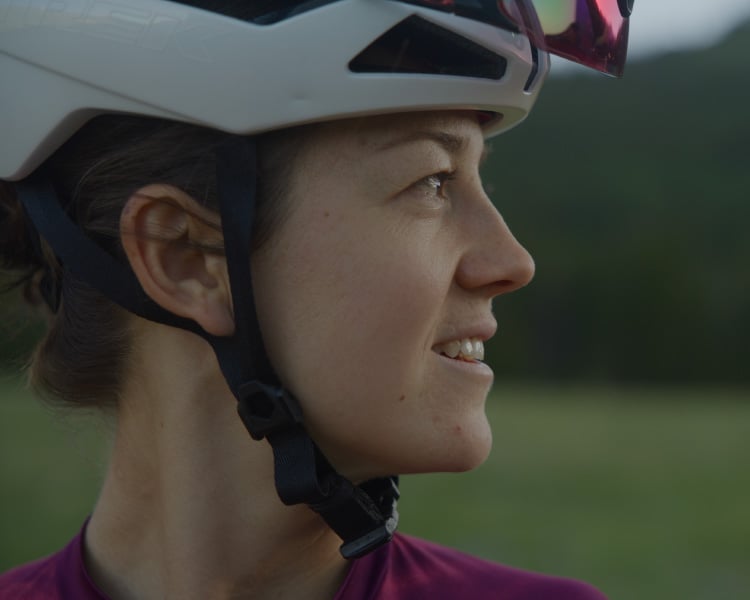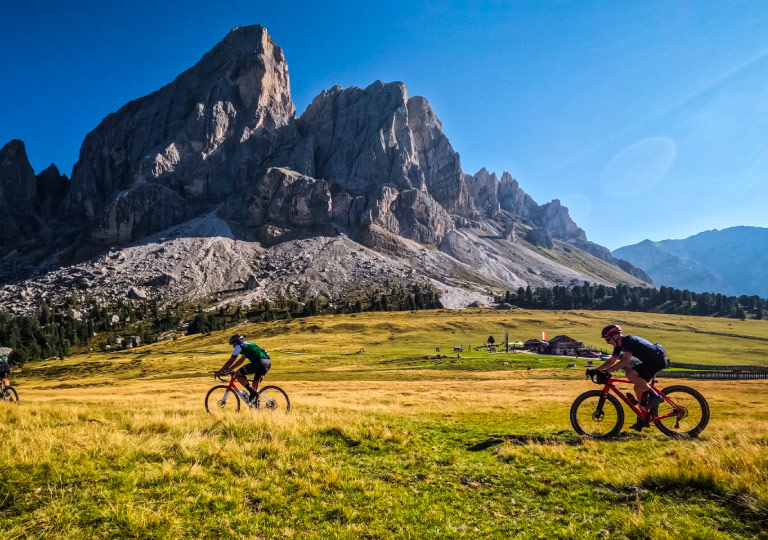
By Chris Case
The majestic Dolomites buzz as the sun ricochets from their sheer, pastel walls. We ride toward the lower flanks of Sass de Putia, a bifurcated spire of towering rock near Passo delle Erbe in this quiet corner of Val Badia in the far north of Italy.
Just ahead is a section of the ride that my friend, Igor Tavella, mysteriously describes through slightly broken English. “We are approaching the Mushroom Patch,” he says with a mischievous grin. We follow Igor down an anonymous gravel road, which steeply climbs and steadily narrows. It starts as a typical gravel track, with tall grasses sprouting between parallel hewn grooves. It then gradually contracts, and the greenery becomes plusher. Finally, all evidence of any path vanishes. Our route is, now, not so much a path as it is a circumstance.

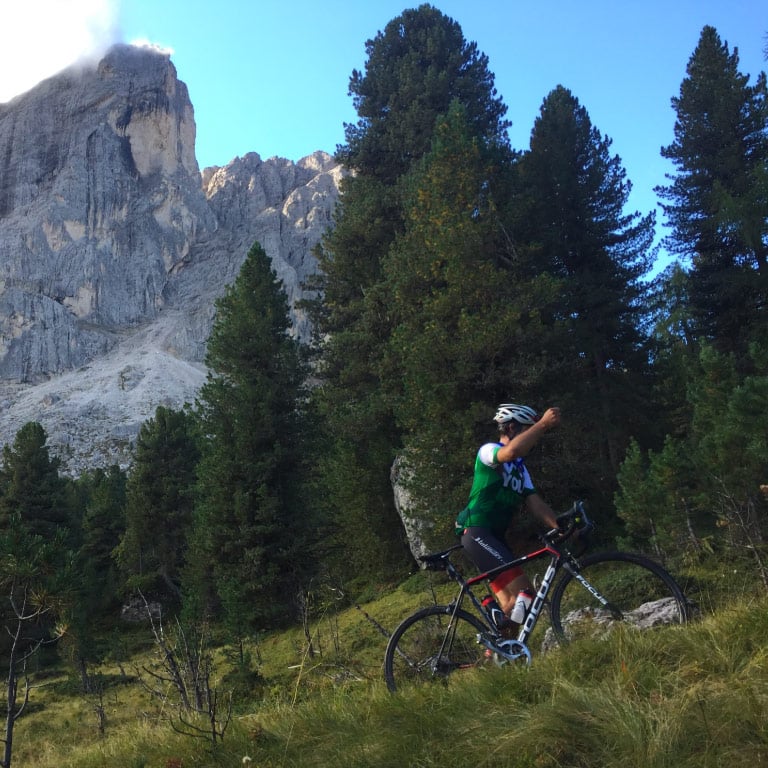
Close your eyes; clench your teeth. Now imagine the “Lord of the Rings” Shire; replace hobbits in cloaks with shorn-legged cyclists clad in form-fitting synthetics. The scene opens with golden streaks of light piercing the dew-laden flora of a dank bog.
"What now!?" one of us mutters. Igor, a former Italian national mountain bike team member, attempts to pilot his bike up and over the lumpy, spongy ground. He fails.
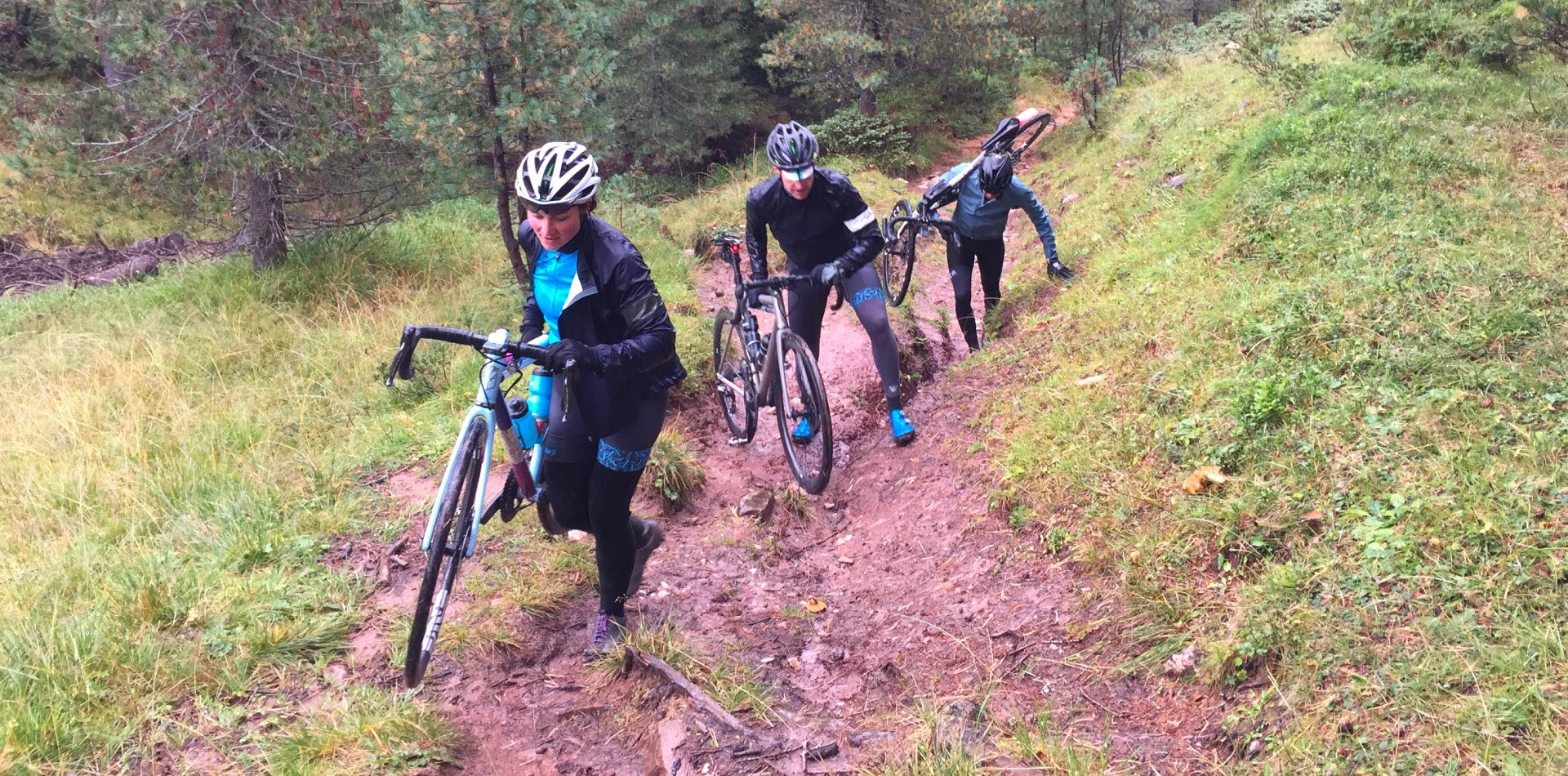
Some smiles turn upside down. “Whose idea of fun is this?” someone grumbles.
The benefits of getting uncomfortable
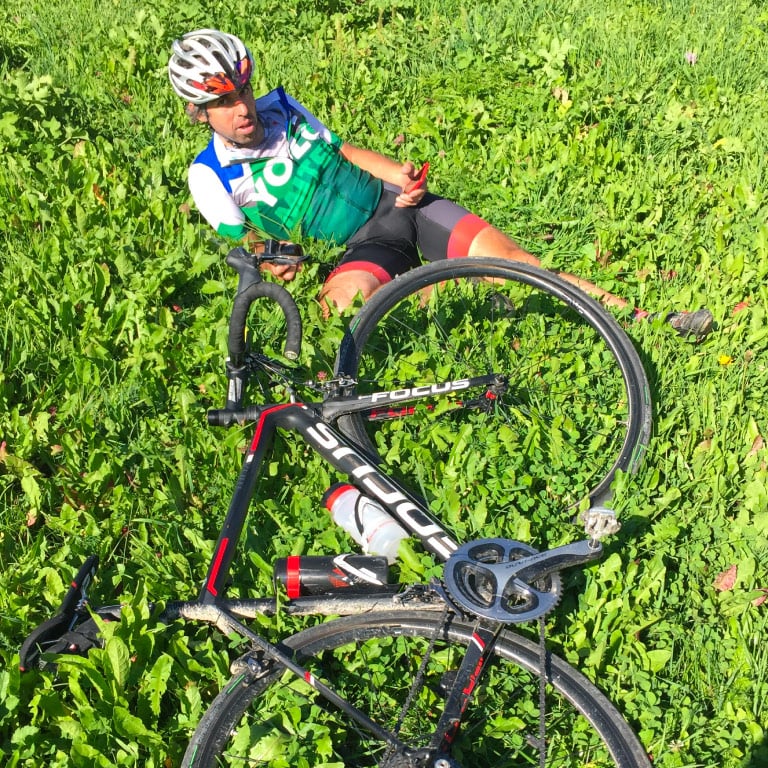
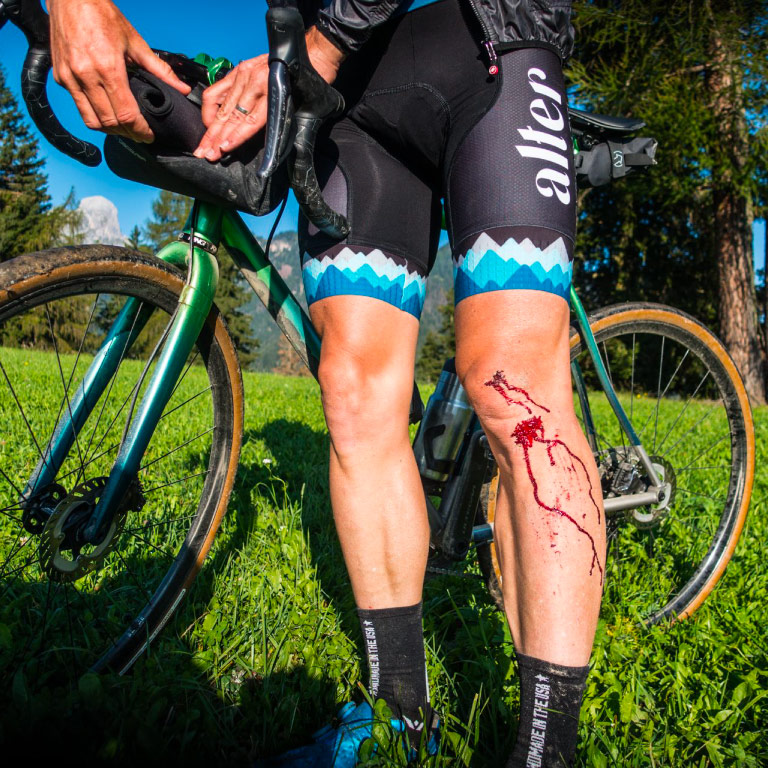
And then there’s resilience, which blooms when we overcome barriers and return to where we were—or, better yet, come back even stronger. Riding bikes, then, can serve as a crucible for creating more (or honing) resilience.
As you steadily extend where you can go, and how you deal with adverse circumstances, you become comfortable being uncomfortable. You may even begin seeking out opportunities for discomfort and change, knowing that they’ll lead to small but meaningful alterations. And that’s the very definition of transformation.
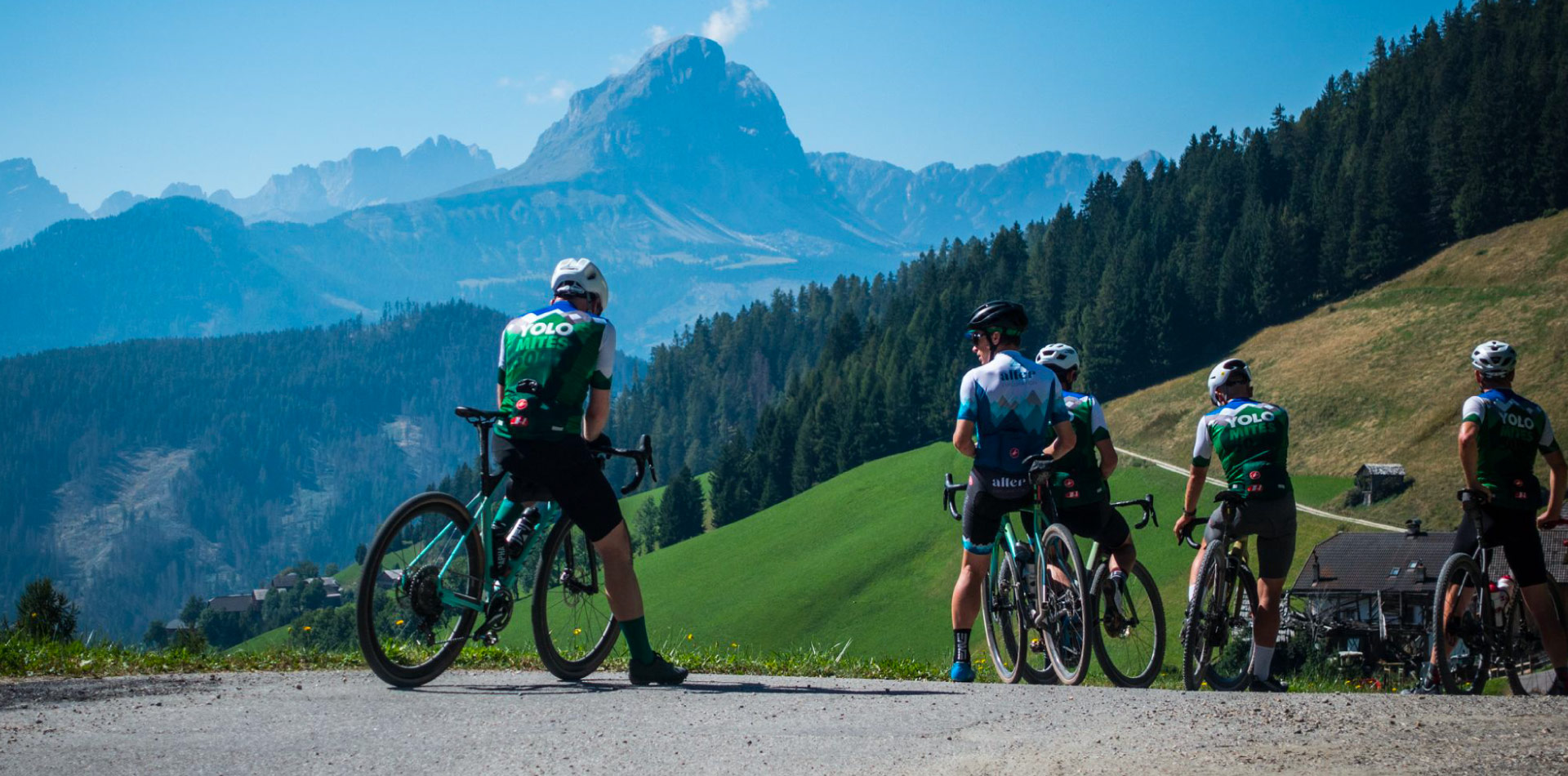
If a big bike ride can help shape you into a more resilient, more confident, more motivated human being, I’d say that’s worth the price of a little discomfort.
So, why should you view discomfort as a commodity? Let me drop a little science.
There’s an evolutionary reason why discomfort is meant to be rare but rewarding. Humans evolved to use energy only when absolutely necessary. But our brains use a lot of energy. To reduce the caloric demands of thought, our brains evolved to quickly spot patterns and familiar situations, and then process them or deal with the situation using very little power.
However, the type of brain power involved in overcoming a pattern that disagrees with what you might already believe—higher thought—requires a lot of energy. So, we are hardwired to use this more taxing brain power on rare but critical occasions.
But there’s a catch: We do our best thinking during these times of discomfort; that’s when we grow. Seek the uncomfortable—not all the time, but every so often—and you can be certain you are creating transformative potential.
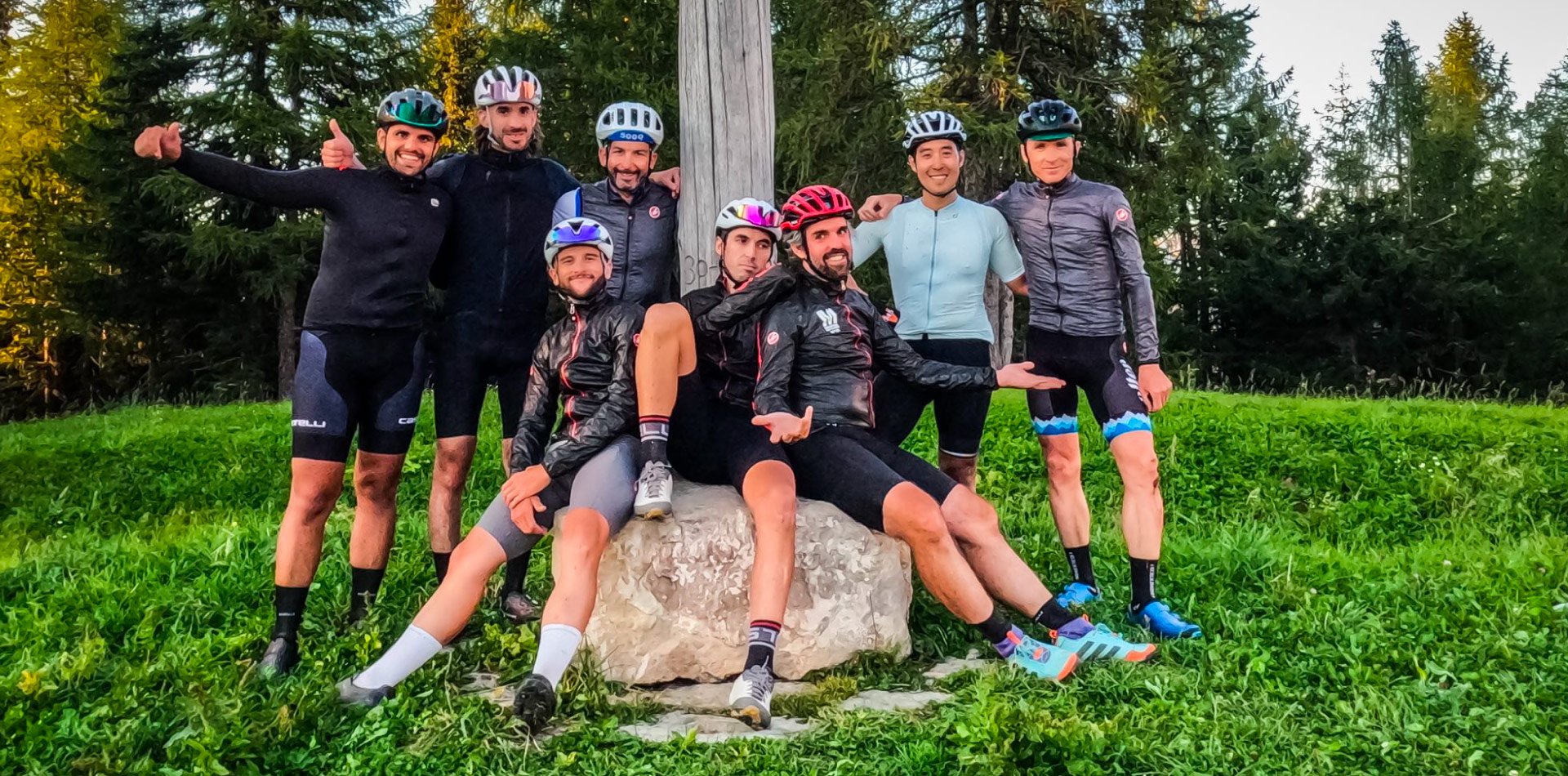
To put it in simpler but no less meaningful terms: Reaching places of discomfort, with the goal of pushing through those experiences, yields self-understanding, which creates opportunities to recalibrate our capabilities.
By pushing “boundaries,” we soon realize they’re not actually boundaries—we’ve been constrained by arbitrary endpoints. Which begs the question: What if they were merely starting points?
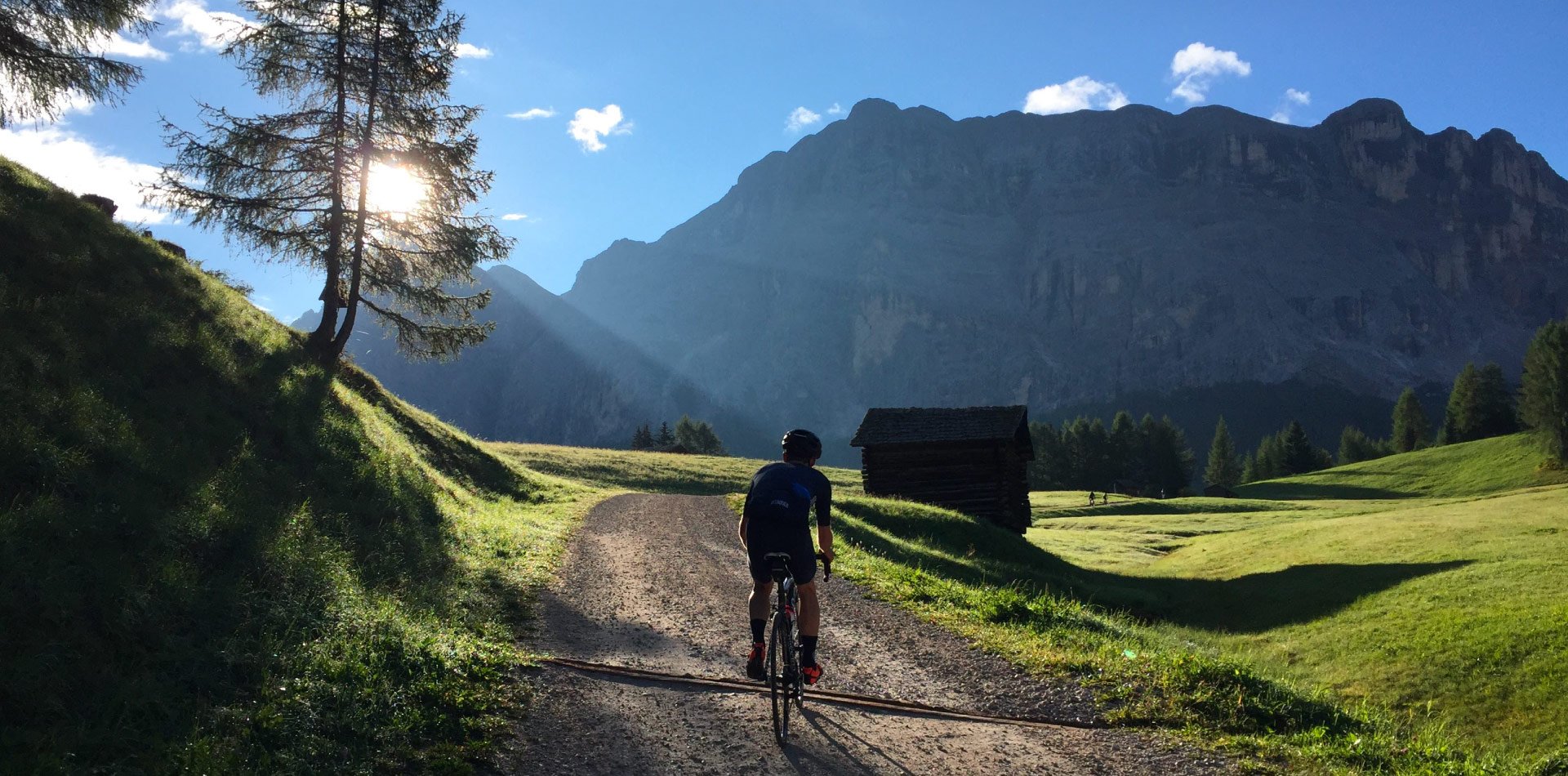
About the Author
Chris Case is a writer, explorer, and professional guide. He founded Alter Exploration to help adventurous cyclists experience transformative journeys in some of the world’s most spectacular locations, including the Dolomites, Iceland, the Piedmont Alps, and Colorado. Formerly managing editor at VeloNews magazine, Chris is a lifelong endurance athlete who regularly seeks new challenges, including multiple completions of Unbound Gravel 200, circumnavigating Iceland on gravel roads, and many other at-times-uncomfortable events and excursions.
